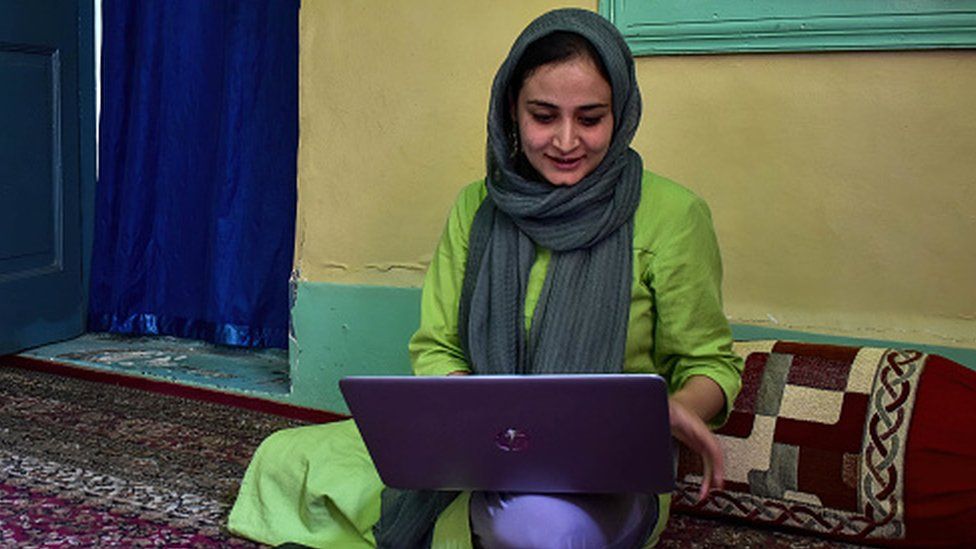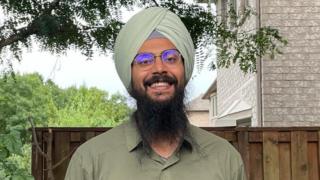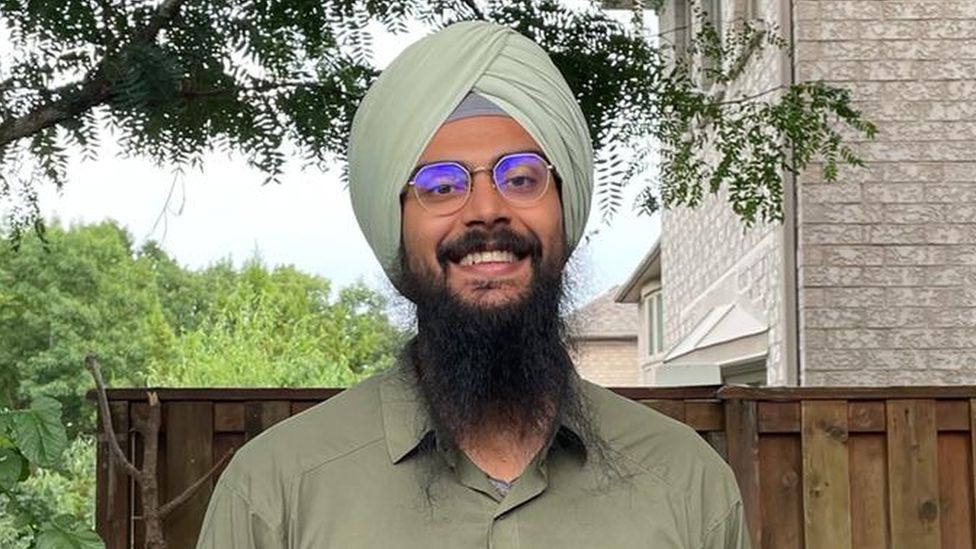
A Pulitzer-winning photojournalist from Indian-administered Kashmir has said that she was stopped from travelling to the US by immigration authorities at Delhi airport.
Sanna Irshad Mattoo was awarded the Pulitzer for her coverage of the Covid-19 pandemic and was on her way to attend the award ceremony.
Ms Mattoo said she was stopped “despite having a valid visa and ticket”.
The Indian government has not made a statement yet on why she was stopped.
Ms Mattoo said this was the second such incident in four months. The journalist told the BBC she asked officials why she hadn’t been allowed to travel but was not given a reason.
I was on my way to receive the Pulitzer award ( @Pulitzerprizes) in New York but I was stopped at immigration at Delhi airport and barred from traveling internationally despite holding a valid US visa and ticket. pic.twitter.com/btGPiLlasK
— Sanna Irshad Mattoo (@mattoosanna) October 18, 2022

Several activists and journalists have been stopped from leaving or entering the country this year.
In March, journalist Rana Ayyub – who writes for the Washington Post – was stopped at Mumbai airport when she was about to board a flight to the UK to deliver a speech at the International Centre for Journalists.
Ms Ayyub was allowed to travel a few days later after she won an appeal against the decision in the Delhi High Court and got permission.
In April, former Amnesty India chief Aakar Patel was stopped twice from boarding a flight to the US at Bangalore airport.
This followed a federal investigation into Amnesty allegedly breaking India’s foreign currency exchange laws during Mr Patel’s tenure as its chief. The agency called him a “flight risk”. He was later asked by a court not to leave the country without its permission.
In August, Angad Singh, an Emmy-nominated American journalist of Indian-origin, was reportedly deported to New York soon after he landed in Delhi.
While the Indian government did not comment on the incident, Mr Singh’s family said his passport was confiscated at the airport before he was deported. His mother alleged his treatment was a response to the documentaries the journalist had made on India’s Covid crisis and farmers’ protests for Vice News.
Earlier this year, the federal government deported Professor Filippo Osella, an anthropologist at the University of Sussex, who had been visiting India for more than 30 years.
Prof Osella challenged his deportation in the Delhi High Court, calling it arbitrary and unconstitutional. He also said he was treated like “a hardened criminal” by Indian authorities without being given a reason for his deportation.
Last week, the Indian government defended its decision in court, saying that the academician had been placed in the “highest category of blacklisting” based on “sufficient material” against him.

Read more India stories from the BBC:
- India website removes Meta investigation after row
- Can a non-Gandhi Congress chief take on India PM Modi?
- ‘Good guy’ Binny is world’s richest cricket board chief
- India PM Modi’s government okayed rapists’ release
- India inquiry after men crash women’s college event
- Why drugs made in India are sparking safety concerns
- Indian boy king’s warm friendship with British Queen
- The man who made burgers and pizzas popular in India



